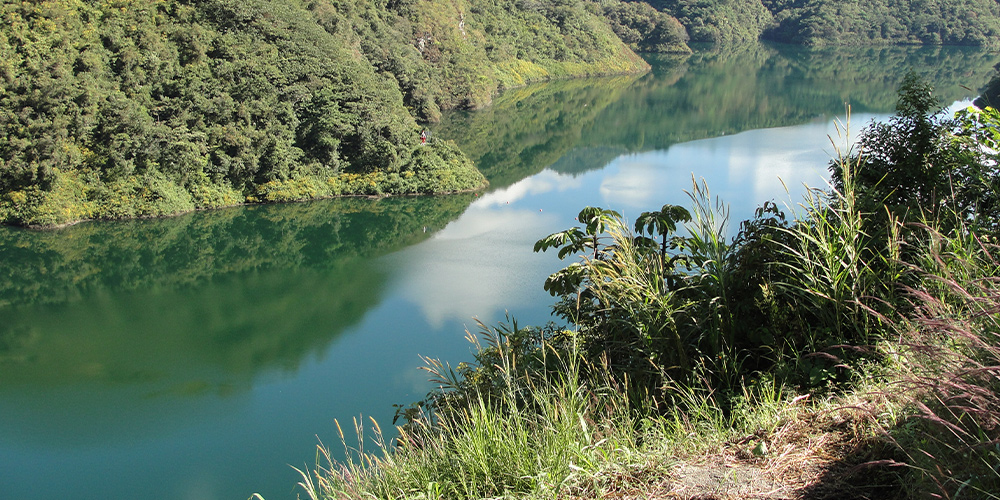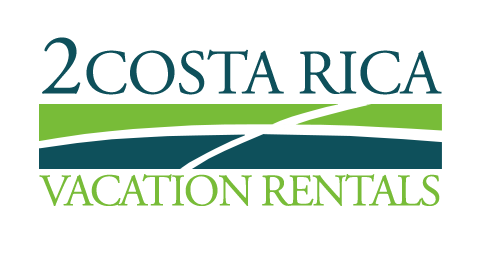A growing initiative looks to expand the accessibility of the country’s many tourist attractions.
Costa Rica’s main draw as a destination comes from the cohesive experience it offers visitors worldwide. True, this Central American oasis boasts a wide variety of ecosystems and kinds of experiences, but they’re all framed within the same nationwide commitment towards innovation and sustainability.
It’s no secret that the country profits from its reputation as one of the best places to be in the whole world, a fact that comes not only from its lush tropical marvels, but also its forward-thinking planning and robust social security network. Every year, this small nation shares the top spots of green development, eco-sustainability and overall happiness, solidifying its place as a dream destination for those seeking a change of pace in modern life.
One of the latest developments in Costa Rica’s never-ending search for optimization in the tourism industry is an initiative to make the country’s natural allure more accessible. Costa Rica’s Accessible Tourism Network has the objective of providing alternatives so anyone can enjoy the stunning beaches, waterfalls and forest trails, no matter their condition.
Through a multi-axis project that intertwines education, information and revision, this network has rapidly positioned Costa Rica as an international leader in the area. Just recently the country was awarded a recognition in the Sustainable Social Tourism Summit.

The project works as a main directory where accessibility is the main focus, highlighting tours, destinations and providers that offer a more inclusive experience. The network also works towards an strategic alliance with the UNED to specialize young professionals in accessible tourism. Additionally, one of the most visible efforts so far has been the accessible beach project, in which 10 national beaches have been granted the infrastructure to host people with disabilities.
In the near future, Costa Rica’s Accessible Tourism Network looks to reform Law 7600 (the constitution’s main axis for inclusivity) and create a proper Law for Accessible tourism, as well as working hand-in-hand with Airbnb and hotel owners to create accessibility filters and improvements that grant everyone the opportunity to enjoy the country’s many highlights.

